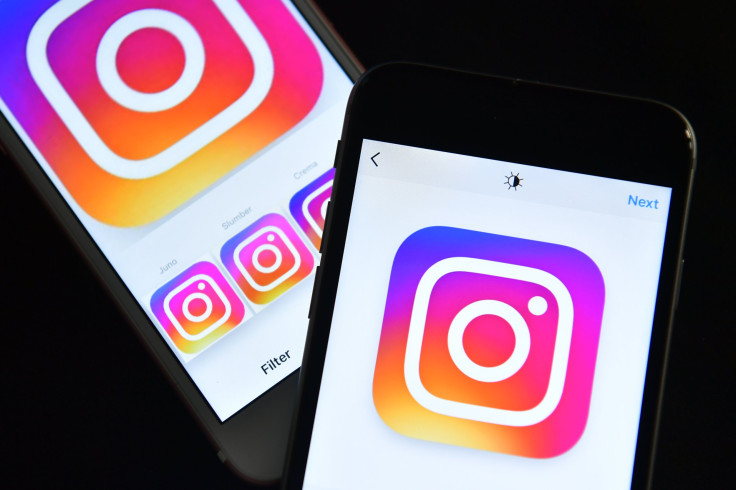Instagram Adds Verification Requests, Other Measures To Increase Security

Facebook has taken several measures to combat the spread of “fake news” or otherwise inauthentic content on its namesake social network. Now, the company is taking the fight to its photo-sharing Instagram platform.
Co-founder Mike Krieger detailed a number of changes coming to Instagram soon in a Tuesday blog post, including the ability for users to request verification.
Instagram is making three major changes in an attempt to make the social network a bit more trustworthy. Allowing users to request to get blue verification check marks on their profiles is the biggest one. Krieger’s blog post did not specify exactly how large an account needs to be to get verified, but sufficiently popular pages can request the coveted badge in their account settings.
Today, our co-founder and CTO @mikeyk has an update on 3 important steps we’re taking to keep Instagram safe. https://t.co/72cAYCiLGO
— Instagram (@instagram) August 28, 2018
After the review process is over, Instagram will let users know whether or not they were chosen for verification in their notifications tab.
Aside from that, Instagram will also include a new publicly viewable information hub for accounts “that reach large audiences,” for the sake of transparency. A new “About This Account” button on large profiles will bring up a slew of information about that user, from location to the day they joined Instagram, and all the way to their advertisements.
It will even show users which usernames that particular account has run through, if they have ever changed it.

Last but not least, Instagram introduced increased support for third-party apps that enable two-factor authentication. Apps like Google Authenticator aim to increase security for online accounts by asking users to log in using something only they can provide, not just a username and a password. Instagram will support these apps going forward.
Tech companies tend to encourage two-factor authentication to reduce the chance of accounts being stolen. The popular video game “Fortnite” recently gave away a free in-game dance to users who enabled the feature, for example.
Instagram now boasts more than a billion users.
Krieger’s blog post pointed out the need to protect those users from fake news or scams with these increased security measures. Facebook recently took similar measures by asking admins of large pages to verify their identities and removing politically divisive troll pages.
© Copyright IBTimes 2024. All rights reserved.











